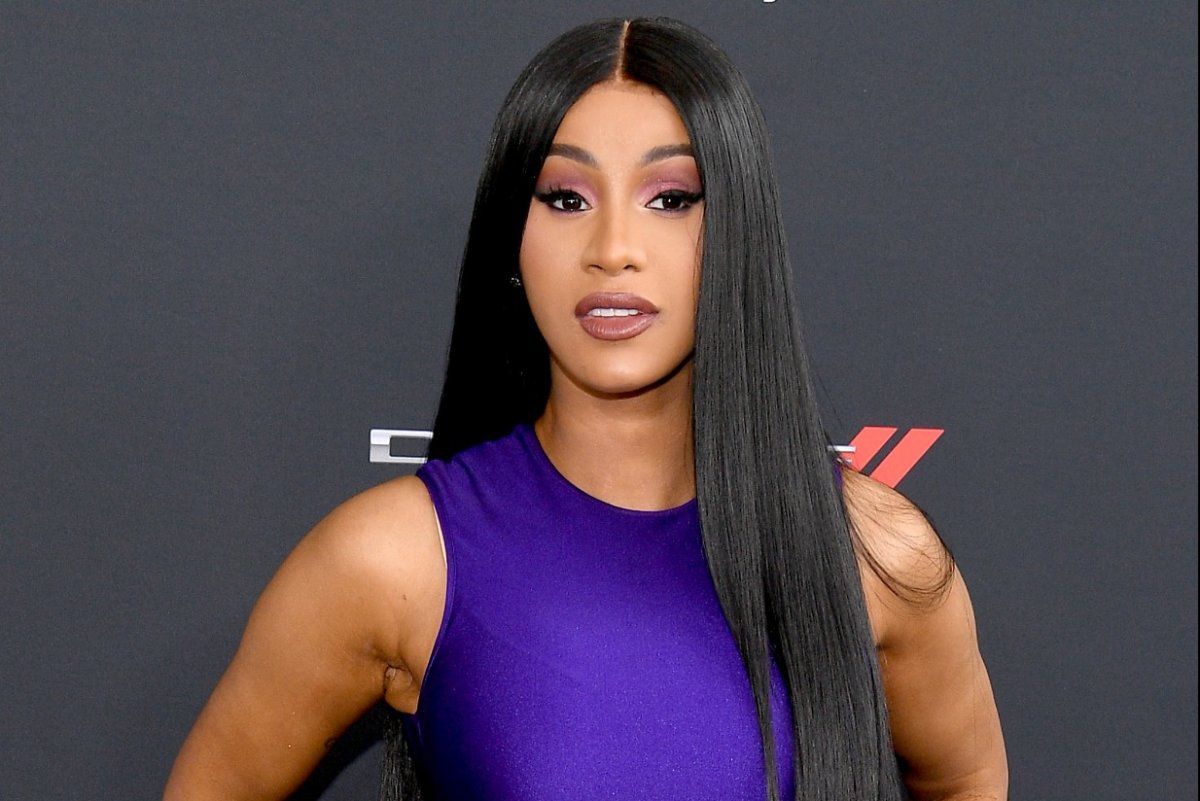In 2019, rapper Cardi B opened up about a deeply personal struggle—postpartum depression. After the birth of her first child, she felt an overwhelming weight she hadn’t anticipated. Despite her doctor’s warnings, Cardi initially thought she’d avoid postpartum depression, but the reality hit her unexpectedly. She recalled, “Out of nowhere, the world was heavy on my shoulders.” Cardi found her way back through support from her mother and a much-needed break from her intense touring schedule. This openness on such a challenging topic put Cardi B in the company of other celebrity mothers who have helped reshape America’s view on postpartum mental health by sharing their own stories.
Here's ads banner inside a post
When Cardi B welcomed her third child, her postpartum health became a media talking point once again. This time, Cardi took a different approach, choosing to stay active to help prevent depression from resurfacing. However, when Cardi posted about her exercising just eight days after giving birth, she drew criticism, as well as for later going out to socialize. She clapped back at critics, explaining that she was prioritizing her mental well-being and doing everything possible to avoid the depression she had experienced before. Her candid responses sparked conversations about the different ways women manage postpartum recovery, especially in the public eye.
Celebrities’ Role in Shifting Perceptions of Postpartum Depression
While Cardi B’s story resonated with many women, she is far from the first celebrity mother to discuss postpartum depression openly. In recent decades, other stars like Chrissy Teigen, Serena Williams, and Alanis Morissette have brought attention to the illness, each sharing their personal experiences and struggles. These testimonials have significantly raised awareness, helping to break the silence around postpartum mental health and reduce the stigma many mothers face.

Here's ads banner inside a post
The trend began in 1999 when singer Marie Osmond became one of the first American celebrities to publicly discuss postpartum depression. After the birth of her seventh child, Osmond felt trapped by the pressure to return to work. She described a desperate attempt to escape, driving hundreds of miles up the Pacific Coast Highway in a fog of depression. Her candid interviews on TV Guide Magazine and Oprah Winfrey’s show were groundbreaking, and the response was immediate: thousands of women reached out, thanking her for helping them recognize their own experiences. Osmond’s testimony not only provided solace but also signaled a shift in how the public viewed postpartum depression.
A Narrow Narrative of “Good Motherhood”
Though celebrities like Osmond and later Brooke Shields bravely shared their battles with postpartum depression, their stories often focused on how overcoming the illness allowed them to be better mothers. Osmond’s experience resonated deeply because she spoke of depression in a way that aligned with traditional values of “good motherhood,” emphasizing her love for her children and her sacrifices. Shields, who chronicled her postpartum journey in a memoir, also reinforced this ideal, framing her recovery as essential to becoming a “loving parent.”
Shields’s memoir reached a large audience, partly due to the controversy that followed actor Tom Cruise’s public criticism of her use of antidepressants. Shields defended her choice and credited psychiatric support with helping her become a present and nurturing mother. Her story helped to normalize discussions around postpartum depression and psychiatric treatment, but, like Osmond’s, it underscored the idea that recovery from postpartum depression is valuable primarily as a means to fulfill a woman’s role as a mother.
Here's ads banner inside a post

While stories like Shields’s and Osmond’s provided hope and visibility, they also helped create an expectation that the central purpose of postpartum recovery is to restore a mother’s capacity to parent, rather than her own well-being.
Cardi B: Redefining Postpartum Depression on Her Own Terms
Cardi B’s approach to postpartum mental health challenges traditional expectations of maternal selflessness. In a culture that often expects mothers to prioritize their children above all else, Cardi’s decision to prioritize her mental health and take proactive steps to prevent depression—even if unconventional—was met with both praise and criticism. By choosing to exercise shortly after giving birth and by socializing with friends, Cardi resisted the traditional image of a “selfless mother” recovering solely for her child’s sake. Her focus remained on her own mental health, a stance that underscores the importance of self-care as a mother and a person.
In this way, Cardi’s journey has brought a fresh perspective to the public narrative around postpartum depression, one that challenges the view that maternal recovery should be solely child-focused. Her unapologetic stance is helping pave the way for broader acceptance of diverse approaches to recovery, reminding the public that each mother’s experience is unique.
:max_bytes(150000):strip_icc():focal(719x319:721x321)/cardi-b-ama-120222-44ddfa224b924896a4e86d672b2330d6.jpg)
Moving Beyond the “Good Mother” Ideal
The traditional celebrity postpartum story often reinforces the idea of motherhood as the primary lens through which a woman’s identity is validated. This narrative tends to overlook the broader, personal impacts of postpartum depression, framing recovery as something that enables mothers to resume their roles as caregivers rather than individuals reclaiming their own mental well-being. Cardi B’s approach is redefining this by suggesting that a mother’s mental health matters independently of her role as a parent.
Cardi B’s approach contrasts sharply with past celebrity testimonials that viewed postpartum depression as a hurdle to motherhood, one that must be overcome for the sake of children. Instead, Cardi demonstrates that addressing postpartum depression is essential to her personal well-being, allowing her to mother on her terms. This distinction is crucial because it broadens the understanding of recovery as something that prioritizes the mother’s health and happiness, thereby normalizing self-care and reducing the shame surrounding nontraditional recovery paths.
Celebrity Influence on Public Awareness and Acceptance
Since the 1990s, celebrity testimonials have played a significant role in changing how the public views postpartum depression. Their voices have raised awareness and have given postpartum depression a visible platform, helping countless women recognize and validate their own experiences. However, the dominant narrative—that of achieving recovery solely to better fulfill maternal roles—has created an expectation for mothers to conform to specific behaviors after giving birth.
Cardi B’s unapologetic stance offers an alternative, reminding the public that the journey to mental wellness is not one-size-fits-all. Each woman’s recovery path is her own, and public scrutiny of her choices only reinforces the stigma surrounding nontraditional methods of healing.

The Importance of Allowing Diverse Narratives
While celebrity testimonials have undoubtedly reduced stigma, they have also contributed to a narrow narrative that implies a woman’s recovery should focus on her ability to mother. Cardi B’s experience shows that postpartum depression recovery can be rooted in self-care for the mother’s own benefit, and that society should be open to various methods of coping and healing. Her story underscores the need for a cultural shift that values each mother’s personal journey, whether it aligns with traditional expectations or not.

In conclusion, Cardi B’s approach to postpartum mental health brings a new, necessary dimension to the conversation on motherhood and mental health. By focusing on her well-being and rejecting the notion that her recovery should only serve her role as a mother, Cardi B challenges the public to expand their understanding of postpartum depression recovery. She reminds us that motherhood and self-care can coexist, and that a mother’s mental health deserves attention for her own sake, creating a more compassionate space for all mothers facing postpartum challenges.

